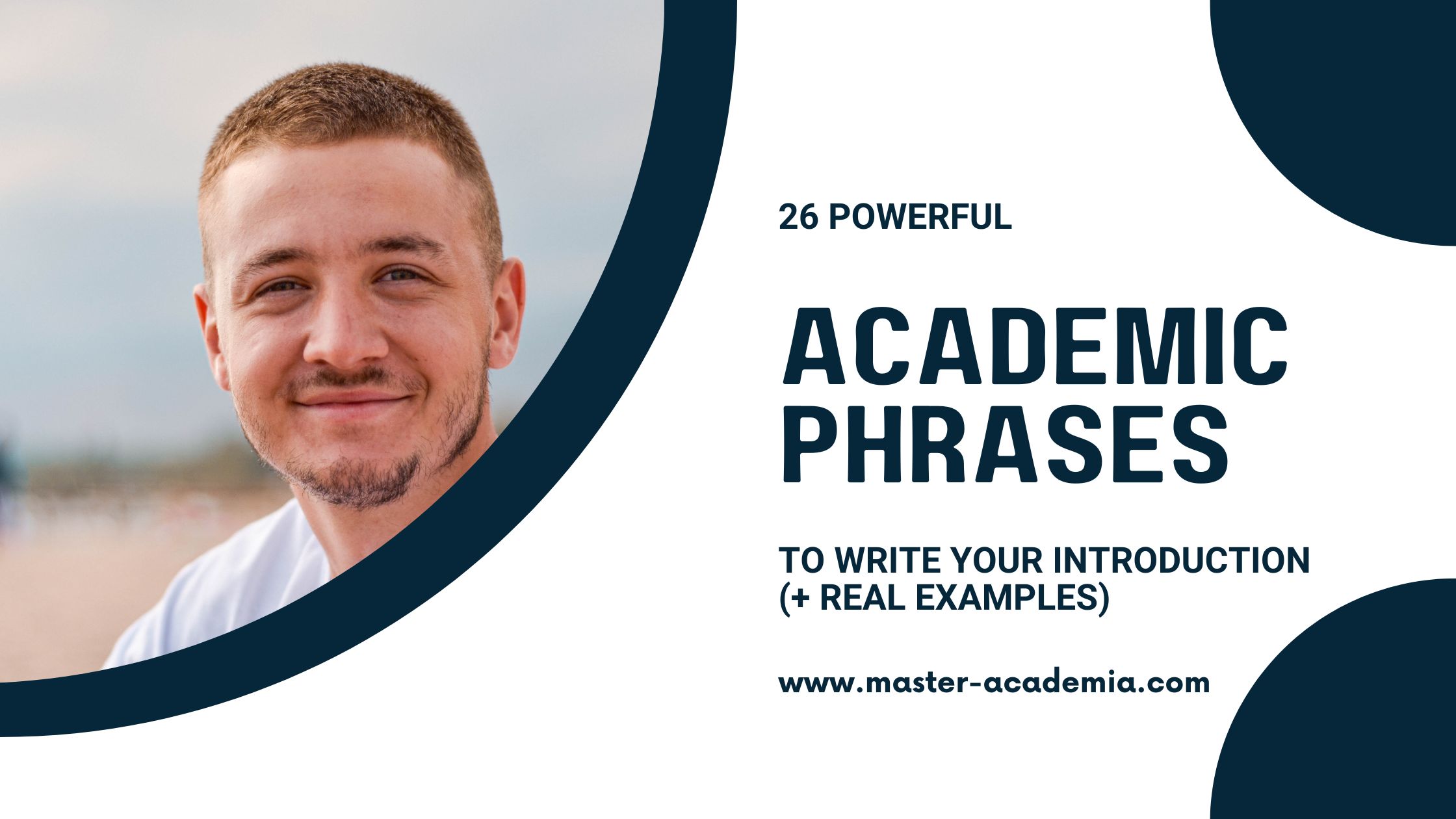
While time management skills are praised in academia, energy management is often neglected. Learn more about energy management and explore concrete steps of how to manage your energy better.
Contents
- Why time management in academia is not enough
- What is energy management?
- Steps to better manage your energy throughout the day
- Steps to better manage your energy throughout the week
- Steps to better manage your energy throughout the term/semester
- Energy management and the trap of individualizing responsibility
Why time management in academia is not enough
Academics are notorious multi-taskers. Working on all-round academic profiles, they engage in various activities, often simultaneously. Think of research, teaching, thesis supervision, grant proposal writing, journal editorship, and participation in scientific networks… The list is endless.
Unsurprisingly, master’s and PhD students learn early on that good time planning is a key skill they need to acquire. Time planning approaches, such as the Pomodoro® technique, can help early career researchers to increase focus and productivity. However, time management alone is not enough.
Academics might master their day-to-day tasks with time-management strategies. And by regularly working nights and weekends. But collectively, their mental health and quality of life are suffering.
In the UK, for instance, the Postgraduate Research Experience Survey from 2019 surveyed 50,000 Postgraduate Researchers (master’s and PhD students) across 107 higher education institutions. The results: Postgraduate Researchers exhibit lower well-being than the national average and particularly high levels of anxiety.
The Guardian recently described the poor mental health of higher education staff as an epidemic. And the famous journal Nature warns that levels of anxiety and depression among PhD students are continually worsening.
All in all, these insights show us that time management alone is not enough. We can plan out every minute of our day, but in the end feel exhausted, anxious and dissatisfied. We tell ourselves to toughen up. To keep going. To stop whining. But it is unsustainable.
What is energy management?
Energy is a limited resource. When it comes to overall productivity, more people call on us to manage our energy instead of our time. But productivity is just one side of the story. We also need to manage our energy to take care of our mental and physical health in the long term.
Energy management in academia refers to the conscious protection and nurture of your vitality for the sustained physical and mental activity that is required for academic work and general well-being.
In contrast to time planning, energy management is less tangible. It requires introspection and self-awareness. Energy management in academia involves both setting boundaries and having realistic (self)expectations of what can be achieved in a day, month, or longer period.
Conducting an ‘energy audit’ is a good first step: Observe your energy levels throughout the day, and the week. You can record your observations in a diary or an excel file.
Which activities leave you energized? Which ones make you feel exhausted? How much time do you need to recover after the exhausting ones?
Energy management is an ongoing practice. It can be particularly challenging for early career academics in highly competitive environments.
Nonetheless, if you are a master’s or PhD student, be aware of the following steps that can help you to manage your energy more sustainably.
Steps to better manage your energy throughout the day
- Prioritize sleep. Your body needs 7-9 hours to function optimally, and it is a myth that you can ‘catch up on sleep later’.
- Follow your circadian rhythm. Some people are morning larks (feeling most energized early in the day). Others are night owls (feeling most energized late in the day). If at all possible, schedule activities throughout the day that fit your energy levels.
- Take proper breaks. Even when you are in a state of flow, force yourself to take breaks regularly and consistently. If you struggle with this, try to set regular alarms to remind you of taking breaks.
- Move your body. Make sure to move regularly. This can be a five-minute stretching exercise in-between tasks, or a short walk during your lunch break.
Steps to better manage your energy throughout the week
- Take time off. Many master’s and PhD students work throughout the weekend or in the evenings. It is not sustainable in the long term. Try to take proper time off. For example, designate one day during the weekend without any work-related activities.
- Spread out challenging tasks. After a weekend of rest, many of us work more concentratedly on Mondays. However, there is no point in over-exhaust yourself and being completely worn out by Wednesday. Try to distribute difficult or exhausting tasks throughout the week.
- Schedule time for social interaction. Being a postgraduate student can be lonely. Even for introverts, social interaction is important and can be – to some extent – energizing. A short phone call with your friend, a lunch date with your PhD colleagues, or a collaborative research meeting. Make sure to have human interaction as part of your working day. Every day.
Steps to better manage your energy throughout the term/semester
- Be realistic. Some months are more challenging than others. For example due to a heavy teaching load for several weeks. Decrease your expectations regarding other tasks (such as research) during this time.
- Protect your energy by saying no. Realistic expectations and knowing your limits can help you to protect your energy. Mark certain weeks or periods in your calendar in which you do not accept any additional tasks. Even when they are presented as a ‘good opportunity’ for your career.
- Schedule leave for several days to recuperate. Pulling through a whole semester without any breaks will bring you to your limits. Schedule non-negotiable days off at the beginning of a term. For instance, a Monday and a Friday every 6-8 weeks to enjoy a long weekend.
Energy management and the trap of individualizing responsibility
You might have heard of the term ‘slow academia’ or ‘slow sciences’. They are in line with other movements such as slow food, or slow travel.
The idea is to slow down, carve out more time for activities, rush less and focus on what’s important. Sounds ideal for better energy management in academia.
But it also sounds like a dream, doesn’t it? And let’s be honest, this vision of science could not be further away from the reality of many early career scholars.
The harsh reality is that contemporary university systems (built on notions such as “publish or perish”) contradict healthy energy management.
Yes, individuals should try to improve their energy management. However, there are limits to it. We should not individualize the collective problem of energy depletion, and insufficient energy management. The system needs to change!
As an early career scholar, remember: You are valuable. You are important. And your health and well-being are worth more than academic success. You are not your academic success. You have worth as a human being.
So do your best to set personal boundaries. Reach out for help if you experience anxiety, depression or any other mental health issue. And don’t feel bad if you ultimately decide to leave academia.




